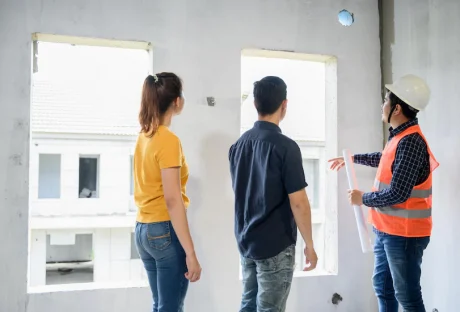Moving out day is not too far away, and there is much cause for excitement. After all, relocating to a new house and environment is starting fresh, and you can’t wait to create the perfect home for yourself and your family.
You may have already started figuring out how to get organized and start packing up as early as you can to relax when the movers arrive and focus on unpacking as soon as you reach your destination.
And if you are starting to feel overwhelmed with the task ahead, you can always count on the expert packing services of companies like Darvills Of Leeds to help you get your belongings packed and ready to go.
Although relocating can seem complicated because of the many details to iron out, there are some ways to simplify the process. Read on to find out what they are.
Here Are 3 Ways To Simplify The Process Of Relocating:
1. Dispose of, or donate what you no longer need

Although you want to take all of your belongings to your new place with you, you might want to consider ridding yourself of things that could clutter your new house.
Since you are starting fresh, you want to keep things organized and tidy and make your home as pleasant and comfortable as possible. This means disposing of or donating items that you no longer need.
That way, you have fewer items to unpack and more storage space for those you use. Take time to sort through your things and determine what you should pack and what you can do without.
Related Resource: 7 Helpful Tips During an Emergency Moving Process
2. Make a checklist of things to do

A checklist serves as a reminder of what needs to be done before relocating. Start by choosing a professional home removal service company by checking this website for more information.
Your checklist also ensures that you keep track of your possessions and important documents. Then, as you complete each task, you can tick them off the list until you have accomplished everything.
Then, when the movers arrive, you are ready to load your stuff and need not worry about missing any detail or accidentally leaving something behind.
Related Resource: Things to Consider Before Relocating the Outdoor AC Unit
3. Have an overnight bag ready for each family member

You may be excited to get your unpacking done as soon as possible, but expecting to do it the day you arrive is nearly impossible. You will surely be exhausted from the move and need to rest and recharge for the next few days of settling in.
Thus, each family member should have an overnight bag complete with essentials to tide them over until the boxes have been unpacked and placed in each room. Include clothes, toiletries, meds, phone chargers, and other indispensable items.
If boxes have been labeled, it takes less time and makes it easier to unpack and organize. Relocating is something to look forward to as you have the chance to redo the place and make it feel like home.
Avoid rushing the process by getting your plans on the way as soon as possible. Be systematic and organized, and you will find that relocating does not have to be complicated and stressful.






















